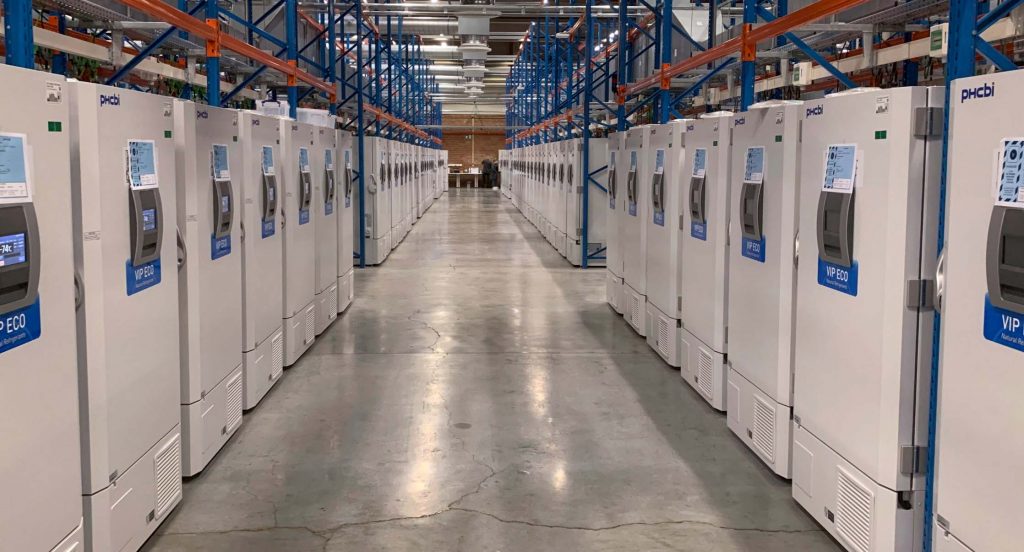New Delhi: The present cold chain system in India is capable of storing additional quantity of COVID-19 vaccine. The COVID-19 vaccine will initially be required first for 3 crore healthcare workers and frontline warriors, the Centre said Tuesday. This information was given by Union Health Secretary Rajesh Bhushan here Tuesday. He said the Health Ministry, in consultation with states and union territories, has assessed the additional requirement for cold chain storage. The additional supplies will be available to them beginning December 10.
Bhushan said the government wants to ensure that routine immunisation exercise and health services are not hampered.
Out of the 2.39 lakh vaccinators or auxiliary nursing midwives (ANMs), who provide vaccination under the existing Universal Immunisation Programme (UIP) across the country, only 1.54 lakh will be used for COVID-19 vaccination drive. “Additional vaccinators are being arranged in collaboration with states and UTs,” Bhushan said.
Bhushan informed the current cold chain system consists of 85,000 functional equipments for storage of vaccines.
“We all know that vaccines are temperature sensitive and need to be stored in specific temperatures. Presently, the cold chain system consists of 85,634 functional equipments which include deep freezers, walk-in coolers, walk-in refrigerators, passive devices which do not require electricity like ice boxes etc, for storage of vaccines at about 28,947 cold chain points across India. They are used in the Health Ministry’s universal immunisation process (UIP),” Bhushan said.
“The current cold chain system is capable of storing additional quantity of COVID-19 vaccine required for first 3 crore healthcare workers and frontline workers,” he added.
Talking about the preparedness for rolling out the vaccination drive, the secretary said the requirement of additional syringes, needles etc. Have been estimated and their procurement is on track.
“The implementation standard operating procedures (SOPs) have been sent to states and UTs and are in final stages. Training materials, which include digital training content, are also being finalised,” informed Bhushan.
